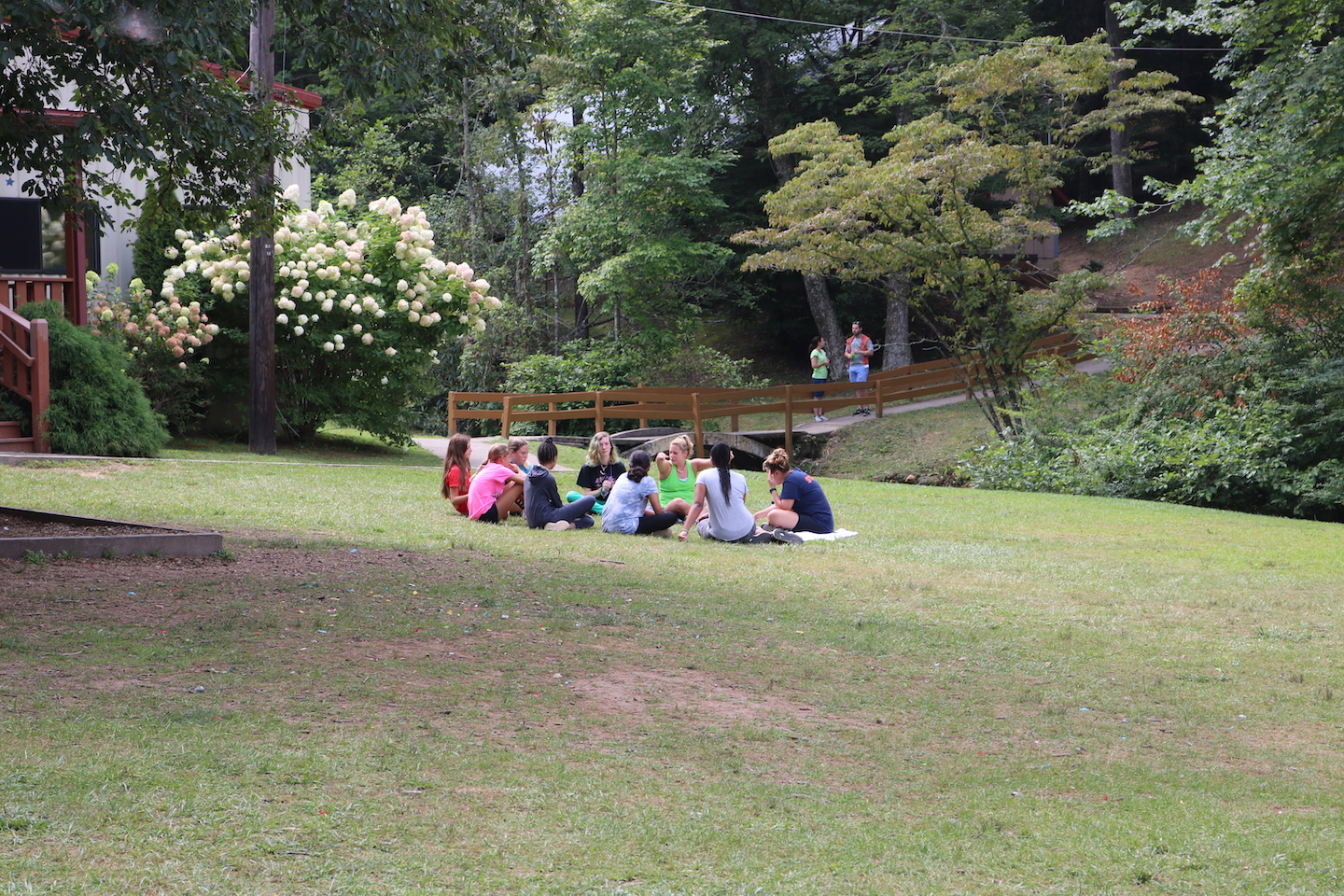Grief can be very isolating. Most grievers will tell you that nobody understands how they’re feeling, and even well-meaning friends can offer misguided and hurtful reactions. Most people just don’t get it. By sharing these stories from give of our campers’ caregivers, we hope to help others understand what helps and what, most definitely, does NOT.
Writing, praying and music help me to overcome the deep sadness I still struggle with. It helps to know that grief is a journey that has no end. The pain doesn’t go away, but you do learn how to cope with it and how to live with it. Give yourself permission to be sad. You are the only one who knows how you feel and what is best for you. Those that helped me were the ones that didn’t say anything at all. They just held me and cried with me. It helps when others talk about him and share a memory or have acknowledged either his birthday or the anniversary of his death. Statements that never help: “I know how you feel.” “Time will heal.” “Aren’t you over it yet?”
– Samantha Sage
When others asked me how they could help, I would give specifics. I needed help with my yard and learning how to take care of my home. Friends and family stepped up to help and teach me the things that I need to know. I talk about him. I have not attended any grief support groups, but other widows have reached out to me to talk. I read many articles and books on grief. And I attended counseling (still am, but less often)…I go to his grave and have coffee with him – that is still something that I miss the most – having our early morning coffee together.
– Emily Arredondo
I went back to school a few years after my husband passed. I am now a psychiatric nurse, working with suicidal, drug addicted, and mentally unstable patients. I feel like I have made a huge difference in the lives of my patients just by treating them with dignity and respect. I couldn’t save my husband, but if I can prevent 1 family from going through what we have gone through, it would mean the world to me. One instance of something NOT helpful was when my boss told me that she knew what I was going through because her husband had to be away for work for two weeks, which turned into four weeks. I couldn’t even verbalize to her how hurtful that was. Much later, I did have the opportunity to tell my boss that her situation was very different because she could have phone conversations with her husband and she knew he’d eventually come home. I still think she doesn’t realize how awful that was.
– Christine Guerrier
To cope with my own pain and guilt I try to spread awareness to anyone that will listen. I talk about [my friend who died] and explain to people how vibrant and intelligent she was. How she took all the right steps to protect herself and even though her outcome was death, theirs does not have to be. I attend events sponsored by her foundation and post a link to her site with advice on social media for anyone that may be dealing with domestic violence. I speak with close friends and her mother to share memories about Tiana. I have shared her story with my children as it is important to me that they never experience domestic violence.
– Andrea Voedisch
The first thing I did was go to counseling, and got the kids in as well. That really did help. Other things I do are still celebrate his birthday in a small way, make one of his favorite desserts, and I try to go out to eat for what would be our anniversary. I have also been back to where the accident happened a few times, not to make some sort of makeshift shrine but just to sit quietly and “talk” with him the last place we spent happy time together. What has not helped: Strangers or distant acquaintances who want details, or being in a grocery store and having people talk about you or the accident like you are not even there. The biggest though is friends who are there the few days after it happens and promise support and time but are nowhere to be found when you need help. Friends that offer time with my kids but never follow through.
– Ann Morin
